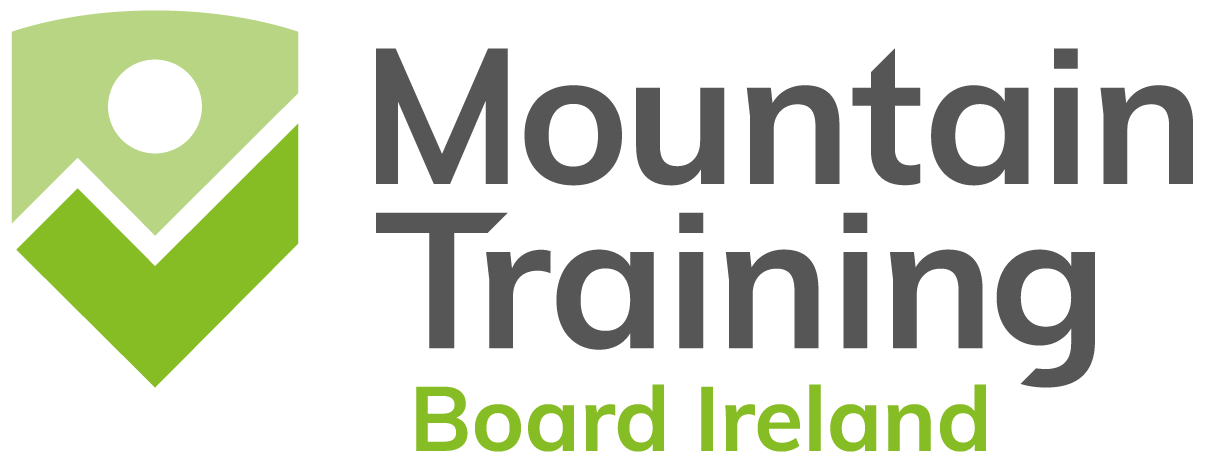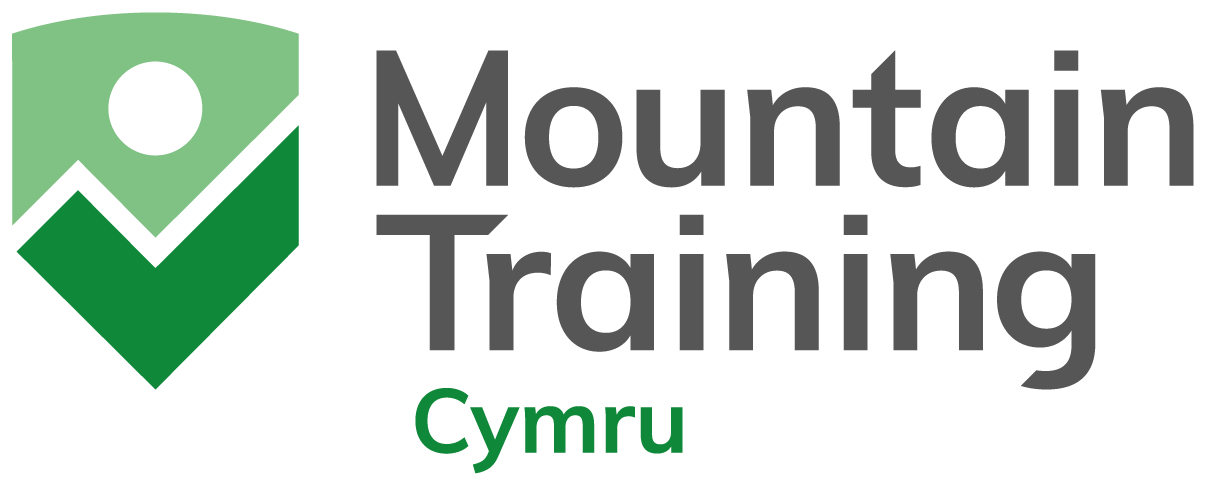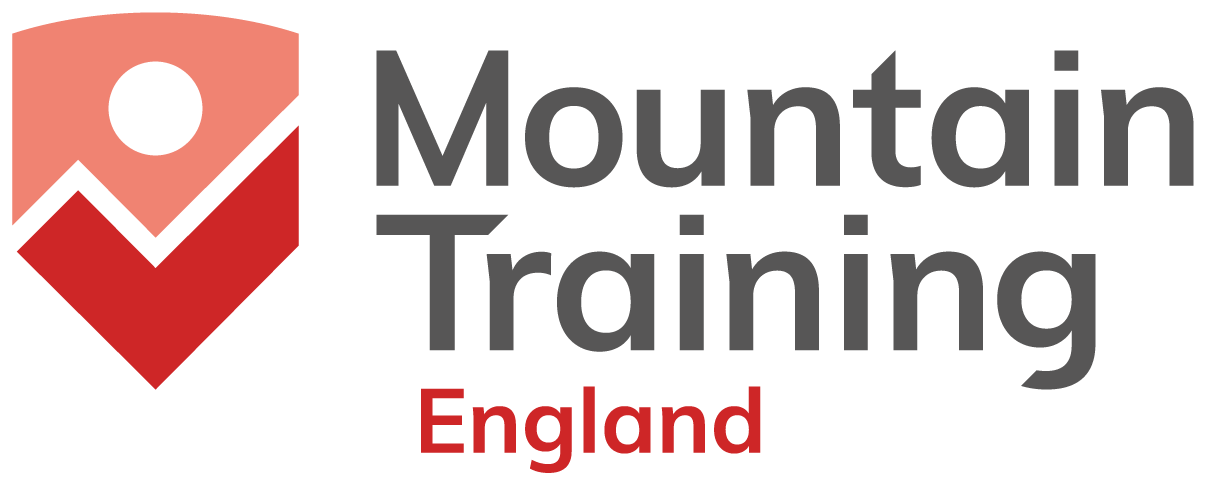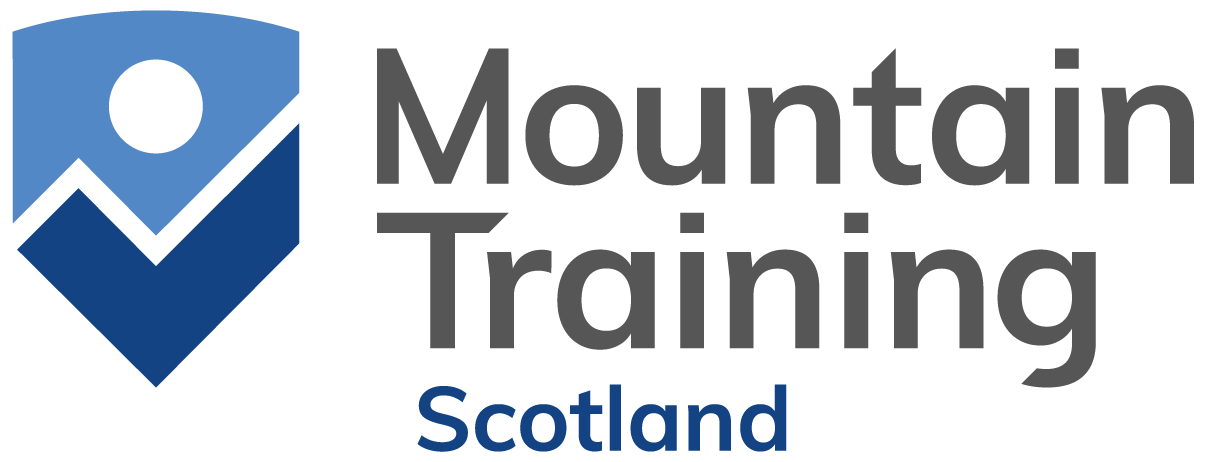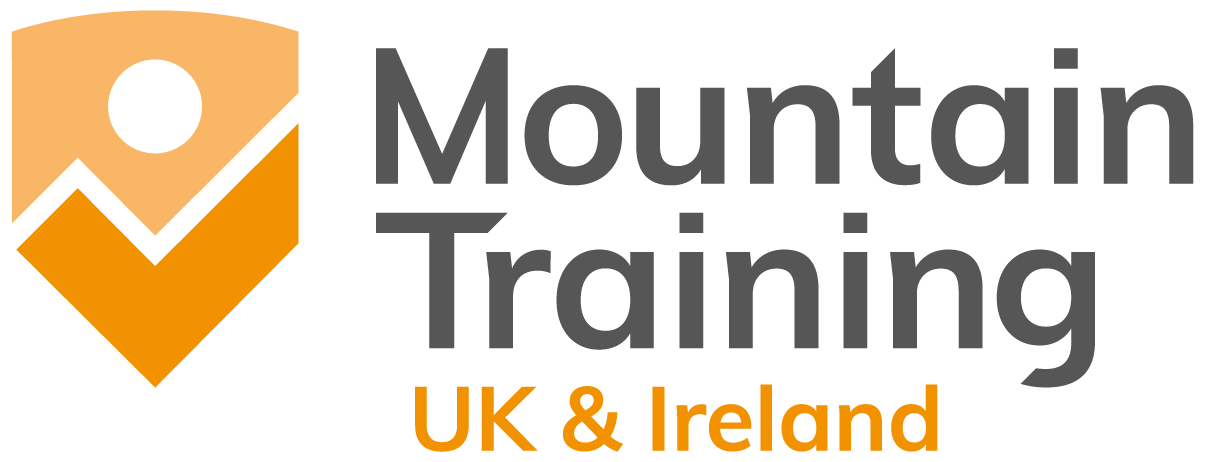There are three FUNdamentals workshops, each building the knowledge and skills of the coach from working with novices when they're at that tricky stage of learning the basic climbing skills, through to more advanced key skills required to climb more complex terrain. It is necessary that participants undertake the workshops in sequential order.
The workshops are ideal for anyone climbing with children or novice adults including full-time coaches and climbing wall staff, teachers and Active Schools Coordinators, youth workers, Duke of Edinburgh or Scouts and Guides leaders, parents or club members.
They also help climbing squad coaches and those coaching adults of any age; and indeed climbers themselves will find the more advanced workshops useful for developing their own personal skills.
FUNdamentals of Climbing 1
The one-day FUNdamentals of Climbing 1 course focuses on the important themes that underpin climbing movement and is part of the training for the Foundation Coach qualification.
FUNdamentals of Climbing 2
The FUNdamentals of Climbing 2 builds upon the first workshop, looking at how specific techniques can be coached and is part of the training for the Development Coach Award. Prior attendance of a FUNdamentals of Climbing Workshop 1 is required for this workshop.
FUNdamentals of Climbing 3
Participants need to be able to onsight 6b and boulder up to V3 comfortably to get the most out of the FUNdamentals of Climbing 3 workshop. Prior attendance of the FUNdamentals of Climbing Workshops 1 & 2 is required for this workshop.
Physical Training For Climbing 1: Learn to train
This workshop is for any climber or coach wishing to further their knowledge of physical training.
Physical Training For Climbing 2: Advanced training
This workshop would be useful for coaches who are working with private clients who are training at an advanced level requiring personal physical screening and training plans.
